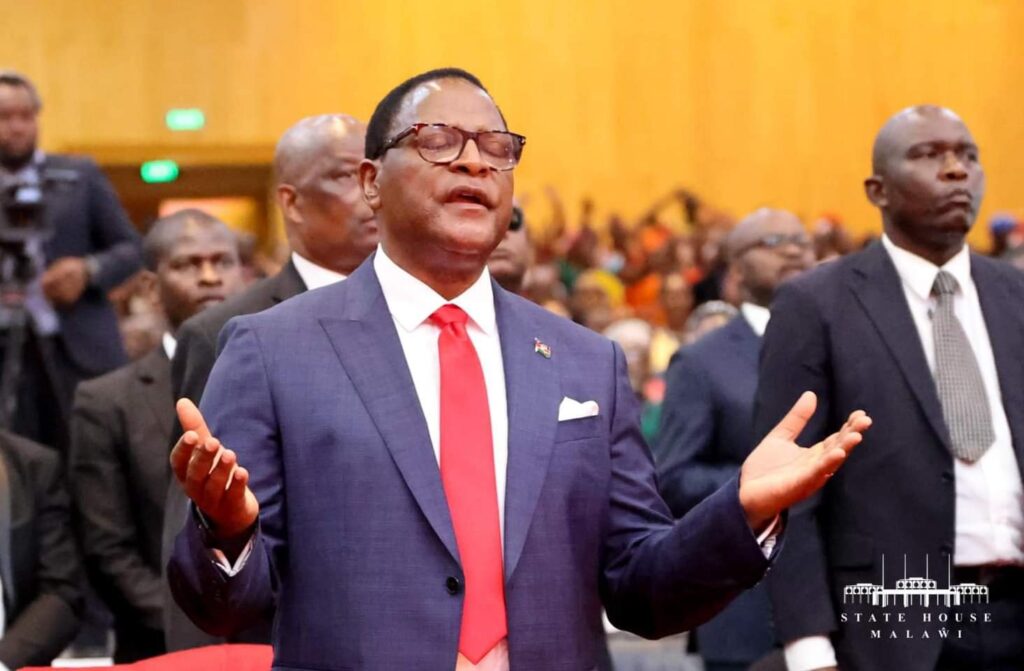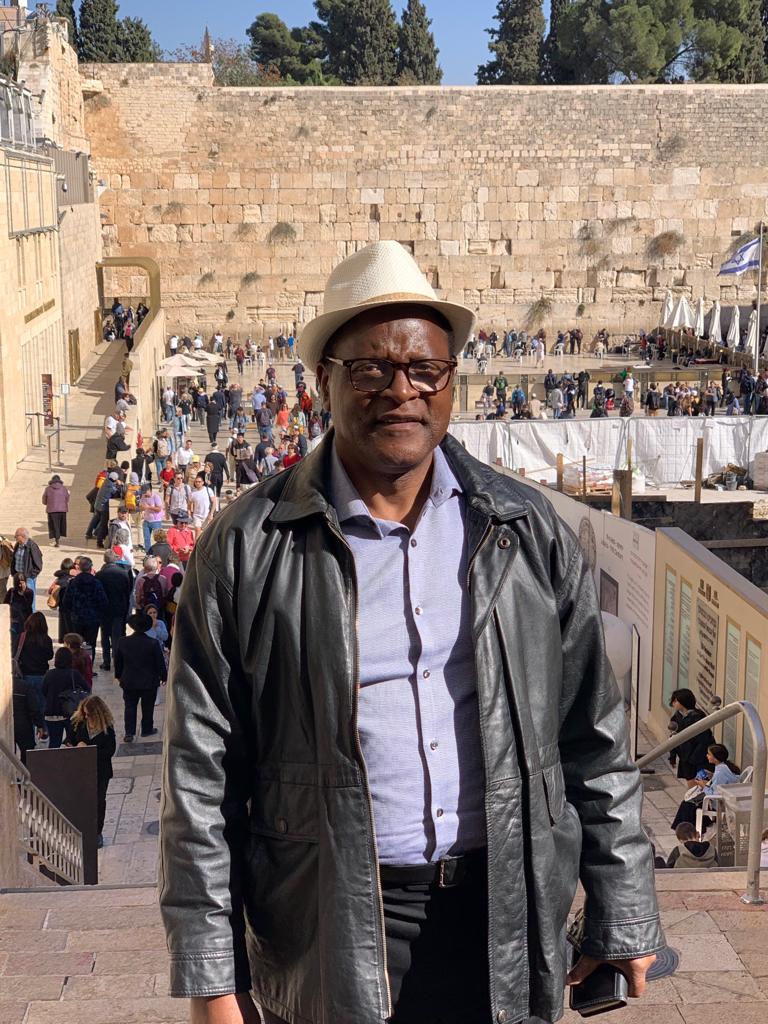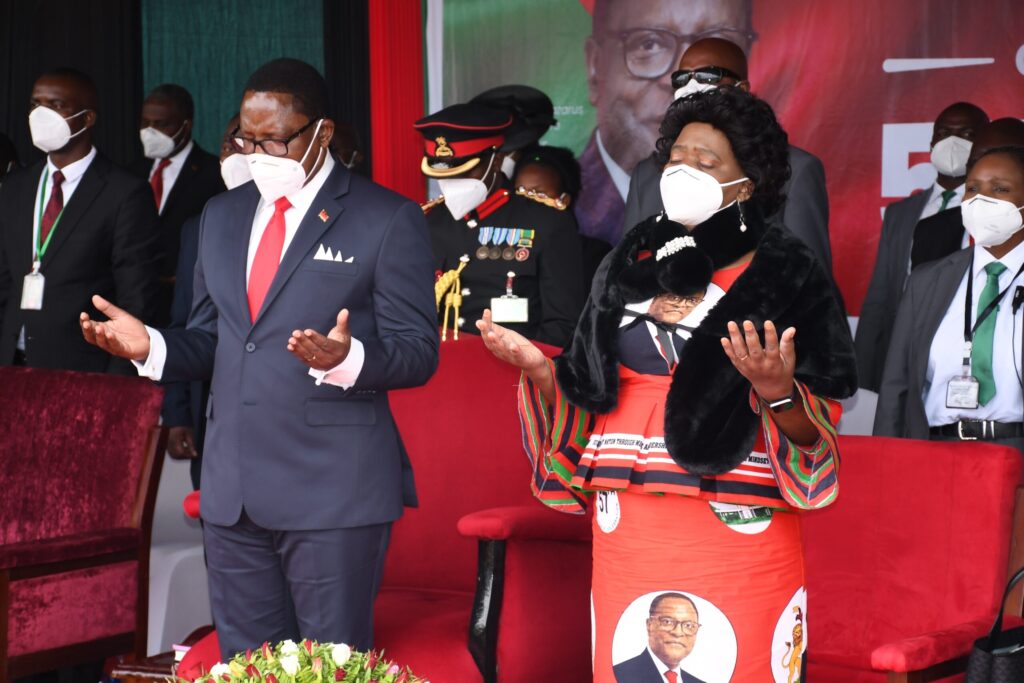
In this article, a former MCP operative now living in USA, asks: Is Dr. Lazarus Chakwera truly the leader Malawi needs, or is he merely the leader we persuaded into a role he was never fully prepared for?
In the turbulent political landscape leading up to the 2014 Presidential elections, and even earlier during the MCP elective conference of 2013, I found myself in the company of a group of young, idealistic, yet disillusioned MCP supporters. We were a collective of individuals who had grown weary of the entrenched politics and the backroom dealings that seemed to define our beloved party. Our frustration had reached a boiling point, and in our search for a way forward, we became convinced that the MCP needed a fresh face, a leader untainted by the status quo. And so, we aptly named ourselves the ‘Renaissance.’
Our meetings were clandestine, held under the cover of darkness at the Lingadzi Inn in Lilongwe. We would gather in the cold night air, huddled under garden sheds, our breath visible in the dim light, exchanging ideas and strategies in hushed tones. We were a group bound by a shared vision: to bring about a new dawn for the MCP, and by extension, for Malawi. But to achieve this, we needed a leader who embodied our aspirations—a leader who could rise above the murky politics of the day and steer the party toward a brighter future.
After much debate and head-banging, we agreed that Dr. Lazarus Chakwera, then the President of the Assemblies of God, was the person we needed. In our eyes, he represented everything the MCP needed at that moment: a clean slate, a breath of fresh air, and a figure unblemished by the scandals that had plagued the party. He was charismatic, articulate, and most importantly, he had a track record that was free from the kind of political baggage that weighed down many of his contemporaries.
We sent word to Dr. Chakwera through our de facto leader, Eisenhower Mkaka, who was tasked with convincing the charismatic preacher to consider the idea of leading the rebranding of the mother party. The initial response was not what we had hoped for. Dr. Chakwera was hesitant, and understandably so. He had spent 24 years leading the Assemblies of God, and by all accounts, he was comfortable in that role. He had no intentions of stepping down from the pulpit to enter the political fray. In fact, when Mkaka relayed our message, Dr. Chakwera responded that he would need to pray about it—a polite way, we thought, of declining the offer.
But we were persistent. We knew that if we were to have any chance of revitalizing the MCP, we needed Dr. Chakwera at the helm. So, we continued to press, offering our unwavering support and assurances that we would stand by him every step of the way. After several meetings and much soul-searching, Dr. Chakwera finally agreed to enter the MCP presidential race, which he won.
I recount this story not to diminish the efforts of others who might have played a role in convincing Dr. Chakwera to join the fray, but to provide context for the observations that follow. From where I stood, these were the events as they unfolded, and they provide important insight into the man who now occupies the highest office in the land.
So why do I bring this up now?

The reason is simple: Dr. Lazarus Chakwera did not originally aspire to be president. His entry into the political arena was not driven by a burning desire to lead the country, but rather by the persuasion of a group of young idealists who saw in him the potential to be a transformative leader. But herein lies the crux of the matter—leadership, especially at the level of the presidency, requires more than just potential. It requires a deep-seated commitment, a readiness to step up, and a willingness to embrace the responsibilities that come with the role.
When the call to serve came, Dr. Chakwera hesitated. He was comfortable in his role as the leader of the Assemblies of God, a position he had held for over two decades. He was not prepared to leave that comfort behind to take on the immense challenges of leading a nation. This hesitation, this reluctance, has manifested itself in various ways throughout his presidency.
One of the most controversial decisions made by President Chakwera was the relocation of the Malawi embassy from Tel Aviv to Jerusalem. This move was widely seen as being driven more by his personal religious beliefs than by any sound diplomatic reasoning or Malawi foreign policy. It’s a decision that has raised eyebrows both at home and abroad, and it brings to the fore an important question: To what extent should a leader’s personal faith influence national policy? What happens when we have a Muslim president or an atheist president in the future? Will their religious or non-religious beliefs dictate the country’s foreign policy? These are questions that we must grapple with as we consider the implications of such decisions.
Furthermore, there is a pervasive belief within Dr. Chakwera that he is God-sent, that his presidency is a divine appointment, and that the nation’s problems can be solved through prayer. While faith is an admirable trait in any leader, it becomes concerning when it appears to overshadow the practicalities of governance. A nation’s leader must be able to balance faith with the hard realities of political leadership—strategic vision, pragmatism, and the ability to make tough decisions based on the best interests of the nation, not just on divine intervention.
As we continue to evaluate Dr. Chakwera’s presidency, it is crucial to remember these uncomfortable truths. They are not intended to undermine his achievements, but rather to provide a fuller understanding of the man who now leads our country. Dr. Lazarus Chakwera may have the best of intentions, but intentions alone are not enough to steer a nation. Leadership requires more—it requires action, foresight, and above all, a willingness to embrace the challenges head-on, not retreat into the comforts of faith.
When all is said and done, we must ask ourselves: Is Dr. Lazarus Chakwera truly the leader Malawi needs, or is he merely the leader we persuaded into a role he was never fully prepared for? These are the questions that will define the legacy of his presidency and shape the future of our nation.




